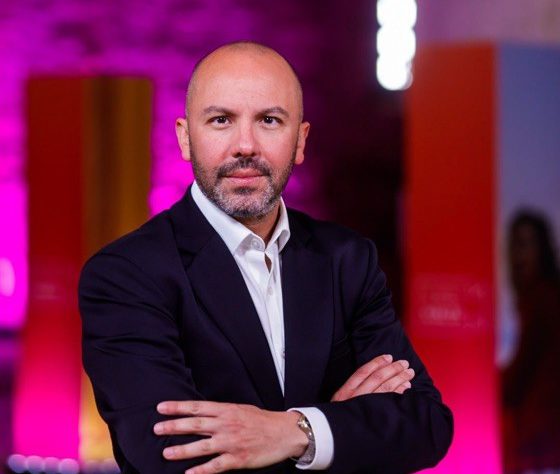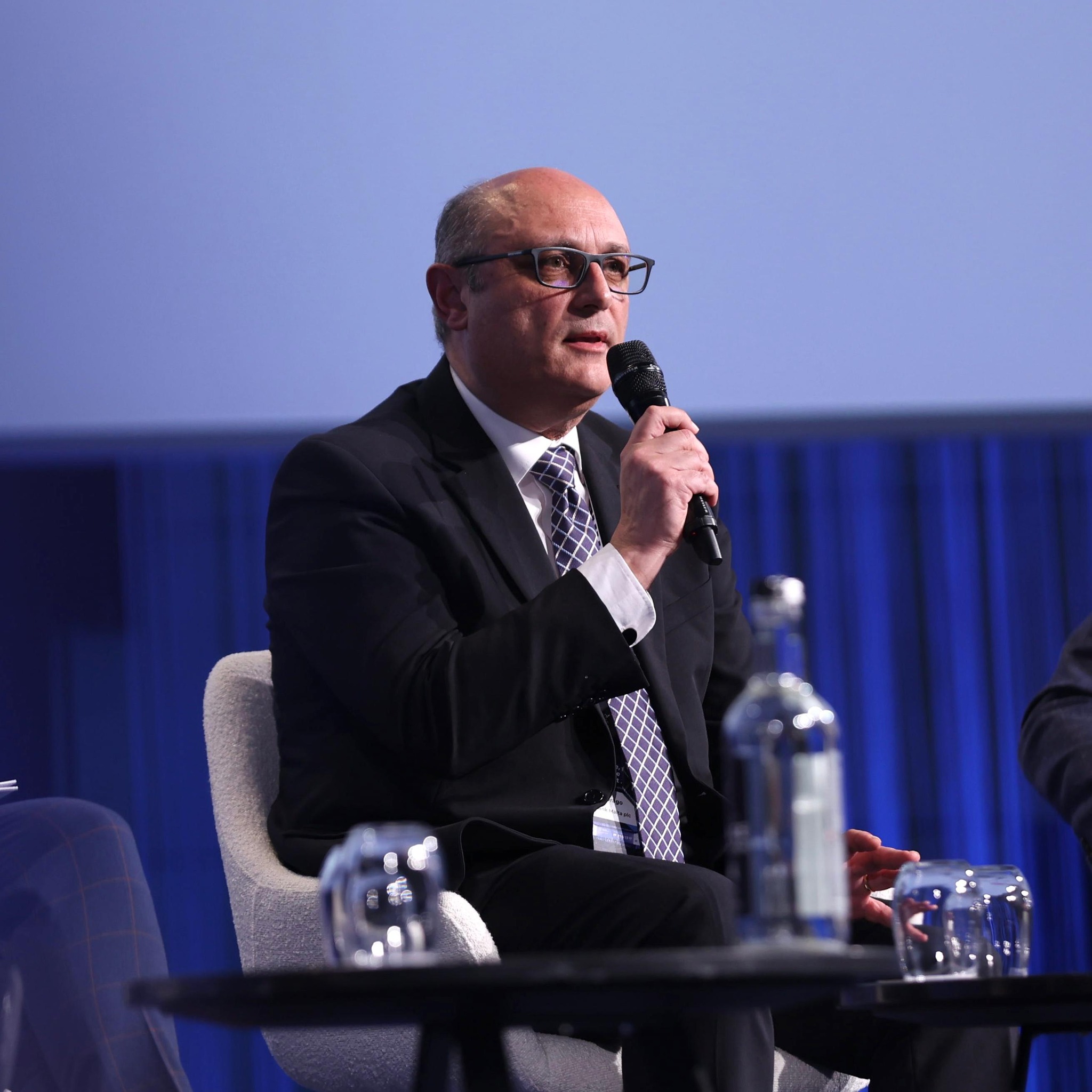Malta Film Commissioner Johann Grech on Tuesday highlighted that Malta is poised to continue attracting more film projects in 2024, in a bid to become the “home for international productions”.
Malta’s film industry has experienced a surge in growth over the past few years, with a hefty amount of investment from Government leading to some of the biggest names in global film to come to Malta. These include Director Ridley Scott, together with the widely popular Jurassic World franchise. Earlier this year, the Ministry for Tourism stated that the film industry contributed €85 million to Malta’s economy in 2022, a sharp increase from previous years.
Mr Grech, who is also CEO of Malta Film Studios, stated that Malta “can take pride” in the growth of the industry, which now has a “strong track record of working all year round”, providing more opportunities for the professional development of the crew tasked with the projects.
“Their collective aspiration aligns perfectly with our goal to attract high-level jobs to Malta,” he continued.
“We’ve almost run out of ways to stay this: Investment in the film industry will continue, and we expect another record year,” Mr Grech said, adding that this is being done with the trust of Government and specifically Minister for Tourism Clayton Bartolo.
Turning to the recently presented Budget 2024, Mr Grech noted that it is “even more evidence” of Government’s push to continue investing in the 40 per cent cash rebate it offers to filmmakers. Productions which satisfy a cultural test can benefit from a rebate of up to 40 per cent of eligible expenditure, in a bid to make Malta more attractive to large players in the global film industry.
He added that studies by Malta University Consulting Limited have indicated that return on investment in the industry is “threefold”, and hence a “great multiplier return for the Maltese economy”.

Mr Grech pointed out that financing demands for film projects can be categorised into those with “cultural significance” and those driven by “commercial objectives”.
Financing for productions was largely aided by Creative Malta, a fund launched by the Malta Film Commission last year aimed at providing support to people who are looking to join the creative industry both on a national and international level. As of last August, €1.54 million in funds have been awarded to 19 local productions through the scheme.
“For another year, Creative Malta funds have increased. The increases we have seen over the years, and which were further replicated this year, were not by coincidence. Considering the macro challenges, these increases are a win,” Mr Grech said.
He added that local productions of cultural significance now fall under the Ministry for the National Heritage, the Arts and Local Government, a decision that Mr Grech is confident will help “ensure the effectiveness of public funds”. He stated that the Ministry, through its “specialised focus and ability to amplify”, can add value to strengthen these types of productions.
“The consolidation of funds to support local film is a strategic move to enhance Government’s efficiency. Productions that resonate with our cultural identity, whether through language, tradition, or other cultural elements, are indispensable,” Mr Grech continued.
He acknowledged that the inclusion of local productions in the cash rebate scheme represents a “significant achievement” for the industry, with this initiative being “geared towards foreign direct investment (FDI) benefitting local productions”, a step he is “very proud of”.
Earlier this year, a number of Malta’s leading filmmakers noted that even though they are in favour of offering cash rebates to productions, they wanted the scheme to be reworked in order to for local filmmakers and crews to be pushed into higher-end jobs, thus growing the industry further.
In his post on Tuesday, Mr Grech stated that the Malta Film Commission’s commitment to the current and next generation of film crews “remains clear”, as it aims to “invest in film and training towards high-level jobs leading to careers”.
Mr Grech added that he has recently concluded a number of meetings with American studio executives, and to him, “it looks like 2024 will be another year where Malta will successfully attract more film projects”.
He noted that the commission’s responsibility is “huge”, as it must keep working and “be the energy” to create more opportunities for Malta’s film crews.
“We are ready, and when the actors’ strike is over, Malta remains prepared to be the home for international productions. Seizing the many opportunities coming our way,” Mr Grech concluded.
Actors are poised to return back to work soon, with reports indicating that progress has been made towards ending a strike that started more than three months ago. The strike has pushed back film and television schedules both locally and internationally, with many voicing their discontent about the use of artificial intelligence.
Featured Image:
Malta Film Commissioner and Malta Film Studios CEO Johann Grech / LinkedIn
Mark Drago named Chief Operating Officer at HSBC Malta
Mr Drago is taking over from Svetlana Maslova, bringing over 38 years of banking experience.
Kyte Global supports companies in achieving DORA and MiCA compliance following their release
With new EU regulations on digital resilience and crypto-assets set to take effect in 2025, Kyte Global is supporting organisations ...
Corinthia Group Managing Director and CEO recognised with international award
Simon Naudi was awarded the Exceptional Contribution CEO Award from Global Hotel Alliance.
Alexander Fenech takes on strategy role at Brown’s as Tiziana Ceci named CEO
The pharmacy chain also announced the addition of two independent directors to its board.








